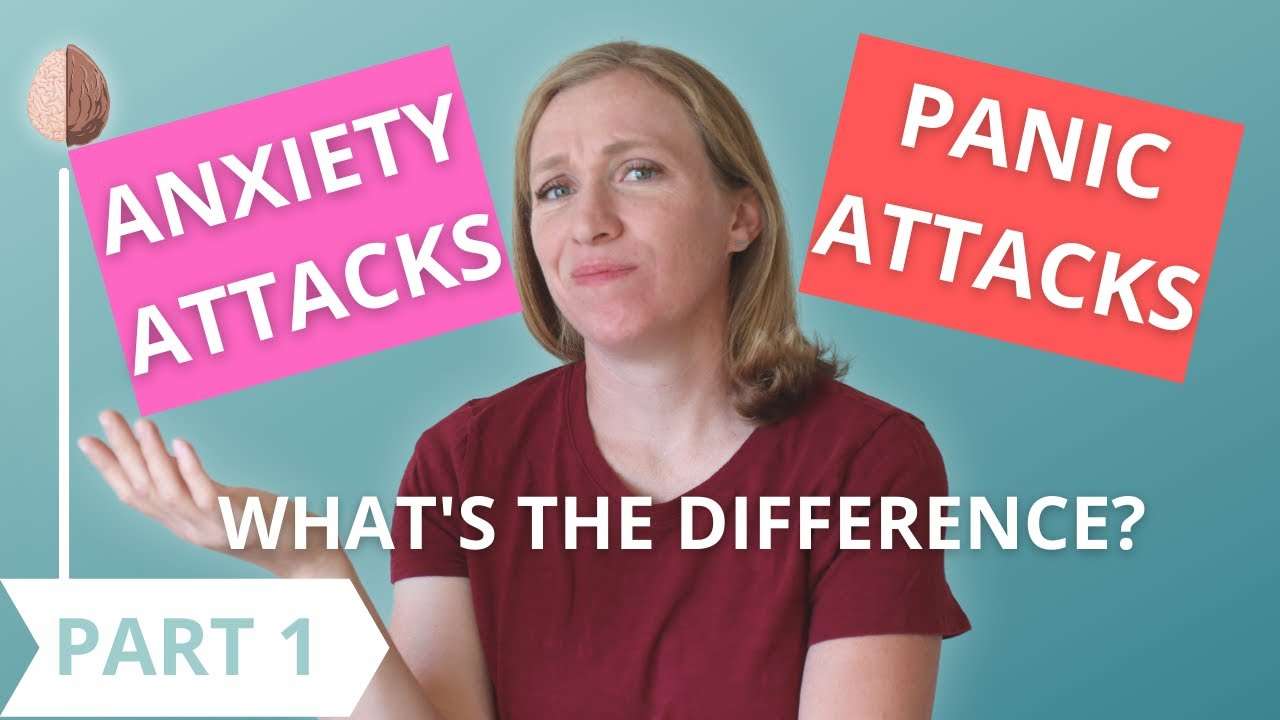Counselling is a talking therapy that involves a trained therapist listening to you and helping you find ways to deal with emotional issues.
Sometimes the term “counselling” is used to refer to talking therapies in general, but counselling is also a type of therapy in its own right.
What can counselling help with?
Counselling can help you cope with:
- a mental health condition, such as depression, anxiety or an eating disorder
- an upsetting physical health condition, such as infertility
- a difficult life event, such as a bereavement, a relationship breakdown or work-related stress
- difficult emotions – for example, low self-esteem or anger
- other issues, such as sexual identity
What to expect from counselling
At your appointment, you’ll be encouraged to talk about your feelings and emotions with a trained therapist, who’ll listen and support you without judging or criticising.
The therapist can help you gain a better understanding of your feelings and thought processes, and find your own solutions to problems. But they will not usually give advice or tell you what to do.
Counselling can take place:
- face to face
- in a group
- over the phone
- by email
- online through live chat services (learn more about online tools for mental health)
You may be offered a single session of counselling, a short course of sessions over a few weeks or months, or a longer course that lasts for several months or years.
It can take a number of sessions before you start to see progress, but you should gradually start to feel better with the help and support of your therapist.
Can you get free counselling on the NHS?
You can get free talking therapies, including counselling for depression, on the NHS.
You do not need a referral from a GP.
You can refer yourself directly to a talking therapies service.
Find a talking therapies service in your area
Or you can get a referral from a GP if you prefer.
Find out more about free talking therapies on the NHS
Private counselling
If you decide to pay to see a private therapist, make sure they’re qualified and you feel comfortable with them.
The cost of private counselling can vary depending on where you live, with a session costing anywhere between £10 and £70.
Many private therapists offer an initial free session and lower rates for students, job seekers and those on low wages.
You should ask about charges and agree a price before starting a course of counselling.
Charities and voluntary organisations
Some charities and voluntary organisations also offer counselling. These organisations usually specialise in a particular area, such as couples counselling, bereavement or family guidance.
You do not need a referral from a GP for an appointment for these services, but you may have to pay a fee to cover the cost of your sessions.
Charities that may offer counselling include:
- Cruse Bereavement Care – for bereavement advice and support
- Rape Crisis England & Wales – for women and girls who have been raped or sexually abused
- Relate – for relationship advice and counselling
- Samaritans – for people to talk about whatever’s troubling them at any time
- Victim Support – for victims and witnesses of crime
You may also be able to access support groups through your local community, church or social services.
Finding a qualified therapist
As counselling involves talking about sensitive issues and revealing personal thoughts and feelings, your counsellor should be experienced and professionally qualified.
Reputable therapists will be registered with a professional organisation that’s been accredited by the Professional Standards Authority (PSA). This means they have met the PSA’s required professional standards to practise.
You can find a qualified therapist in 3 simple steps on the PSA website
Other talking therapies
As well as counselling, there are many other types of psychological therapies (or talking therapies) that involve talking to a therapist about your feelings or problems.
Read more about other talking therapies and how they can help
Video: Talking therapies for stress, anxiety and depression
Animated video explaining self-referral to talking therapies services for stress, anxiety or depression.
Private therapists
There are many reasons you might consider going private, although it’s not an option for everyone because it can be expensive. If you decide to explore private therapy, it’s a good idea to look for a therapist using the online search function of a reliable website which only lists therapists who are registered with a professional body. For example:
Before committing to paying for therapy it may be helpful to ask:
- How much do they charge per session?
- Do they offer a free introductory session to allow you to decide whether you can work together?
- Do they offer reduced rates for people on low incomes?
- Do they charge for missed appointments (and if yes, how much notice do you need to give them to avoid being charged)?
See our page on private sector care for more information on paying for healthcare.
How Much Does Therapy Cost In The UK?
FAQs: Counselling Costs
Private counsellors in the UK generally charge anywhere from £40-£150+ per session of counselling.
A session normally can last anywhere from 45-90 minutes, depending on specifics, with the average lasting around 50 minutes.
Concessionary rates are sometimes available, for students, the unemployed, or those on reduced income, depending on the individual counsellor.
Dependencies
Costs of private counselling vary depending on multiple factors:
– Location
– Duration & frequency of session(s)
– Therapist qualifications/specialism/experience
– Individual .v. Group therapy
– Desired outcome of therapeutic work
Initial Free Session
Some counsellors offer an offer an initial free session, or initial free phone consultation, to help you decide if counselling is right for you. This can also help you decide if you and your therapist are a good match, before proceeding in earnest.
Your Feelings Matter. We Can Help:
Private Counselling .v. NHS
The main advantages of engaging in private counselling, is ease and speed of access, and confidentiality. With private therapy you have the freedom to work with the counsellor directly to determine the number of sessions and what you work on together.
Private Therapy
- Ease and speed of access to begin counselling sessions quickly and at a near by location
- Freedom to work with the counsellor directly on any number of issues, as agreed between you
- Flexibility of weekend or evening appointments
- Working directly with a counsellor with some specialism or specific experience in the issues you’re seeking help for.
The flexibility to change therapists (at least initially) – if you don’t feel like a good match - Assured confidentiality
Why Is Private Therapy So Expensive?
Private counsellors have to exceed certain educational and training levels, before being allowed to work with the public.
This normally involves comprehensive coursework and practice, costing many thousands of pounds over many years, as well as ongoing costs to maintain the Continuing Professional Development requirements, on an ongoing basis.
Like any business, private counsellors must also pay for:
Other Options
It’s possible to access reduced cost counselling services across many UK cities, with a little creative research.
For Smaller Budgets
Of course, none of these replace the convenience, confidentiality, and speed of access to therapy that private treatment can provide, but can help where budgets are tight.
Contact us for more information on treatment options.
Our counsellors adhere to the BACP code of ethics and practice.
Get our latest blog updates here.
FREE ADVICE
Counselling Costs?
Get Pricing & Availability, Personalised To Your Needs:
How much does a psychologist cost per hour?
The simple answer is: it varies.
The cost of seeing a clinical or counselling psychologist tends to be anywhere from £120 – £180 a session (50 – 60mins) in the UK. This can depend on a number of factors such as where you live, alongside what level of training and how many years experience your psychologist has.
What is the average cost of a psychotherapy session?
The cost of therapy varies according to what kind of therapist you choose (a psychologist, a psychotherapist or a counsellor) and also where you live.
When you choose either a counselling psychologist or clinical psychologist you’re choosing a therapist with the highest level of training and expertise.
Whereas a psychotherapist or a counsellor has typically completed a 3 year diploma in counselling, both counselling and clinic psychologists have completed a degree in psychology, followed by a 3 year doctorate i.e. double the training.
So whilst a psychologist might be slightly more expensive than a counsellor or psychotherapist, they’re likely to have a much deeper understanding of the mind (and all it’s wonderful workings!), and therefore take you to where you need to be a lot faster.
How do I find a low cost psychologist?
Until now, it’s been extremely difficult to bring down the cost of high quality therapy. Whilst charging £120+ might sound like your therapist is making a killing, room costs and insurance overheads mean that the psychologist themselves only gets a fraction of what they charge for every session.
Also, psychologists aren’t able to work full working weeks like the rest of us. Good therapy entails full focus and awareness which make 9am-5pm back-to-back sessions out of the question. Session prepping and post-session note-taking also take up a good proportion of the day.
At My Online Therapy, we want to make high quality therapy a possibility for everyone. For us, therapy is just as much about being preventative as it is curative. And we believe the world will be a much happier place when the benefits of good therapy can be enjoyed by everyone – not just a select few.
We know that a big part of this means making high quality therapy affordable. That’s why we set about creating Design My Therapy – designing multiple ways for you to get therapy so you can find a style (and budget) that fits with you and your lifestyle (video session (30 or 50 mins) or live chat (30 mins)).
See below for how this compares.

If money’s tight at the moment, we’ve listed some tips below for how you might be able to bring costs down (and still reap the many benefits of therapy!):
How to afford therapy
-
Choose a shorter session time – by opting for 30 mins instead of 50 mins you still get all the benefits of human interaction, just in a shorter period of time. Bonus? Get therapy during your lunch-break and still have time to get to your nearest Pret.
-
Stagger your sessions – spreading your sessions out e.g. having therapy once every couple of weeks rather than every week can make the cost of therapy a lot more manageable. Whilst this isn’t possible with every type of therapy – some are more frequent, and longer term by nature – it’s definitely worth speaking to your psychologist and seeing whether this is an option.
- Choose live chat messaging – live chat messaging gives you all the benefits of therapy at a much lower cost. Live chat is especially ideal for people who feel more comfortable expressing themselves over text than face-to-face.
-
Get your priorities in order – many of us are guilty of spending money on things we don’t need. You might find that you can rejig your expenses around a bit to make space for therapy for a period of time. It’s important to remember that good therapy isn’t forever. It’s a short-lived investment that can bring a whole world of benefits to your life. Cutting back on a few things for a period of time should feel like a no-brainer when we look at it like that.
Is therapy worth the cost?
Psychologists are highly trained professionals who have studied long and hard to pick up on subtle cues the rest of us miss. This gives them the unique insight and skill to identify what’s holding someone back – and then also guide them towards reaching their full potential. Add onto that many more years of experience working with people just like you, and you get an idea of how unique the therapeutic relationship is.
There are very few relationships in life where we’re able to get an objective viewpoint. Having close friends is great, but friendships are a two-way street and it’s only natural that there’s also going to be an element of emotional investment to the support we get from our friends.
In therapy, the focus is on you and you only. And because your therapist comes from an objective standpoint, they’re able to see the wider picture in a way that the people close to you can’t.
Therapy comes with a short-term investment, there’s no doubt about that. But it’s an investment in your own betterment; your mental and emotional well-being.
And what could possibly be a more worthwhile investment than that?
Share this post:
Share on



